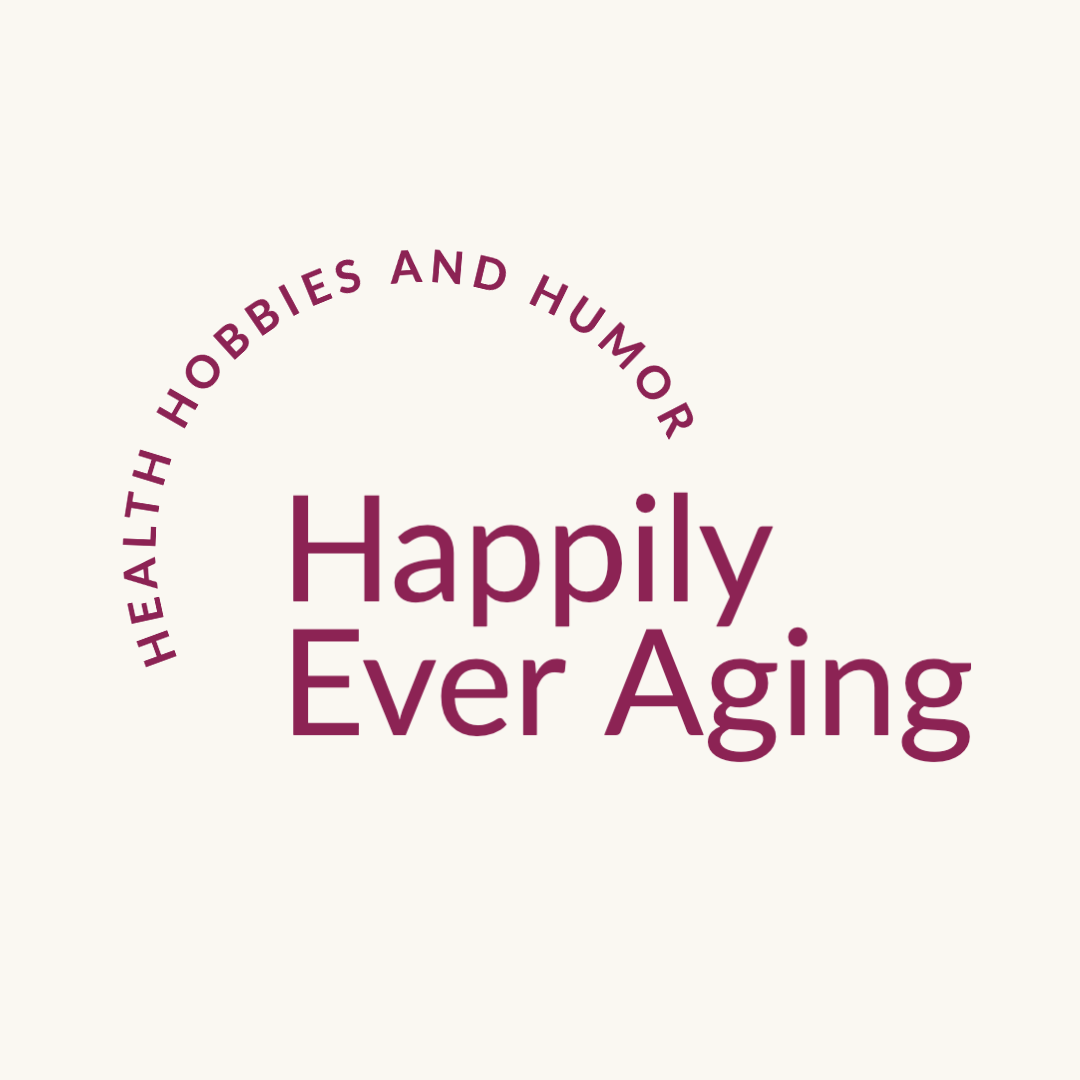Workaholism
It’s been some time since I’ve last written a blog post. Some of you have noticed. There’s a reason for it - and it’s not pretty.
I’ve been too busy working.
Have you ever thought about -isms? Likely, you have not. I recently contemplated the “-isms”, (as in workaholism) when I realized I had been working too much. Or rather, when it was pointed out to me by multiple people that I had been working too much.
My typical day starts very early, as in it’s-still-dark-outside early. After brewing a cup of coffee, I open my laptop - the work one, which I bring home every night. I answer emails (and schedule-send them so that no one realizes I’m actually working at 4:00 or 4:30 a.m.). It helps me stay organized, I tell myself.
It’s the way I reduce the stress caused by an overwhelming to-do list. I get the real work done early, in the quiet hours when I can think—work I can’t tackle at the office because I’m in back-to-back meetings. Most days, I put in three hours before I even leave for work. On average, I spend between 55 and 60 hours a week working, which according to American standards is not that much. The European Union's Working Time Directive sets a maximum average work week of 48 hours, including overtime.
That’s sobering.
Workaholism is defined by Britannica as an extreme form of job involvement consisting of three behavioral tendencies: spending discretionary time in work activities, thinking about work when not at work, and working beyond organizational or economic requirements. It has negative connotations.
Workaholism is detrimental to an individual's health and well-being, and workaholics are more prone to secondary addictions, such as alcoholism. There’s another -ism, and that one isn’t positive either. Are there any -isms that are? Workaholism, alcoholism, perfectionism, narcissism, racism, ageism, sexism. I don’t want to be associated with an -ism.
Why is it that there are some people who work long hours? What compels them to ignore other facets of their life in lieu of being productive in their career? And is there a difference between being a hard worker and being a workaholic?
Research indicates some of the following reasons for working long hours:
Intrinsic Motivation and Passion for Work. Some people genuinely enjoy their work or find it deeply meaningful. This internal satisfaction can lead them to spend excessive time working, even at the expense of their health or relationships.
Perfectionism and the Need for Achievement. High-achievers often tie self-worth to performance and a constant desire to exceed expectations, especially when success is measured by output.
Technology and Connectivity. The digital world in which we live blurs the work-life boundaries since we are now reachable 24/7 and this creates a sense of obligation to answer those emails when they come in - even if it’s on the weekends or the evenings.
Cultural Norms about Work Ethic. In some countries, the idea of a strong work ethic is deeply ingrained.
Perhaps, I’m not being completely honest with myself, but I’d like to think I’m straddling the fine line between hard worker and workaholic. I take my vacation days, have a nice social life, and don’t constantly check my phone for missed emails.
There are times, however, when I wonder if I’m crossing that line.
I open my work computer early in the morning instead of getting in my usual exercise.
Sometimes I find relief when I have a day to myself at home and can work without anyone seeing the hours I’m putting in.
And I prioritize getting work projects done in lieu of writing blog posts.
They say the first step to making a change is to acknowledge the problem. Maybe I need to set boundaries. Leave the laptop unopened until I arrive at the office. Take a short 20-minute walk at lunch and eat with colleagues—or at least resist the urge to eat while working. Perhaps, during the summer at least, I should leave the office on time or shortly thereafter. It sounds achievable. Just like someone might test their ability to go a week without drinking to prove they're not an alcoholic, I’ll test these work boundaries over the next few weeks to see if I'm simply a hard worker—and not a workaholic.
I’d like to believe success is possible—and that it might lead me back to a healthier balance, where work supports my life rather than consumes it. A life where morning workouts are part of my routine again, and I finally find the consistency to write and share here more often.
Wish me luck. Or better yet, fewer meetings and a magically shrinking to-do list.

